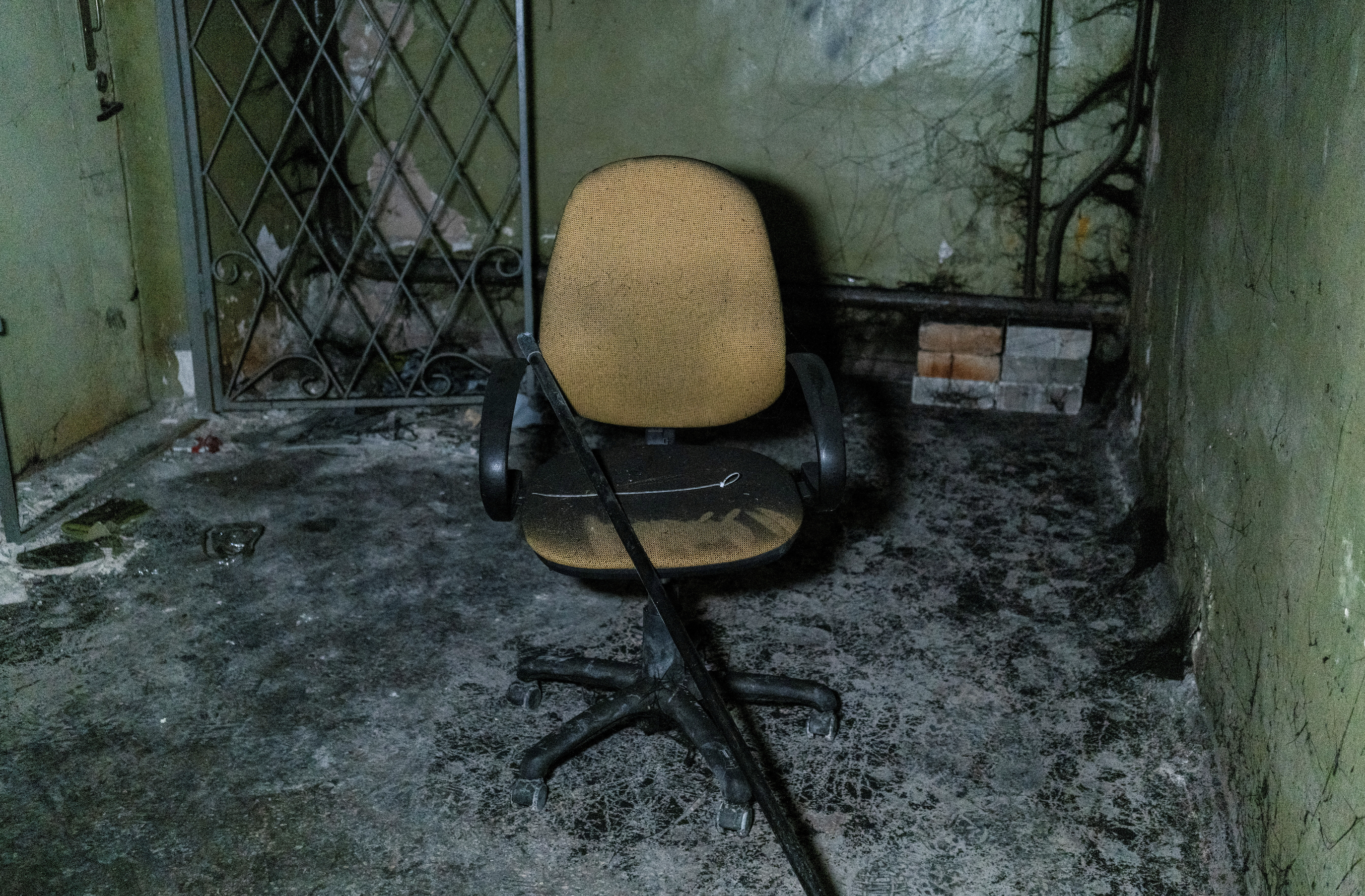
US for first time charges four “Russia-affiliated” troops with war crimes against US citizens
PHOTO CAPTION: Representational photo — Plastic ties for torture and a broken chair are seen inside a basement of an office building, where prosecutors say 30 people were held two months during a Russian occupation, amid Russia's attack on Ukraine, in Kherson, Ukraine, December 10, 2022. REUTERS/Anna Voitenko
WASHINGTON (Reuters) -The U.S. has charged four Russia-affiliated soldiers with war crimes against an American carried out during Moscow's invasion of Ukraine, in what the Justice Department described as the first-ever charges under the U.S. war crimes statute.
The 9-page war crime indictment against the four Russian men includes allegations of torture, inhuman treatment, conspiracy to commit war crimes and unlawful treatment of an American citizen.
"As the world has witnessed the horrors of Russia’s brutal invasion of Ukraine, so has the United States Department of Justice," Attorney General Merrick Garland said in a statement.
"That is why the Justice Department has filed the first ever charges under the U.S. war crimes statute against four Russia- affiliated military personnel for heinous crimes against an American citizen," Garland said.
The indictment identified the four men as Suren Seiranovich Mkrtchyan and Dmitry Budnik, as well as two whose first names were only given: Valerii and Nazar. The U.S. citizen was not named.
The men allegedly interrogated, beat and tortured the U.S. citizen, according to the indictment. They also allegedly threatened to kill the victim, and conducted a mock execution, the U.S. Justice Department said.
“These charges reflect that the defendants’ alleged actions are not only grave breaches of the Geneva Convention Relative to the Protection of Civilian Persons in Time of War, but also violations of U.S. law," said U.S. Attorney Jessica Aber for the Eastern District of Virginia, where the indictment was filed.
(Reporting by Kanishka Singh, Andrew Goudsward and Katharine Jackson; Editing by Doina Chiacu and Rami Ayyub)









